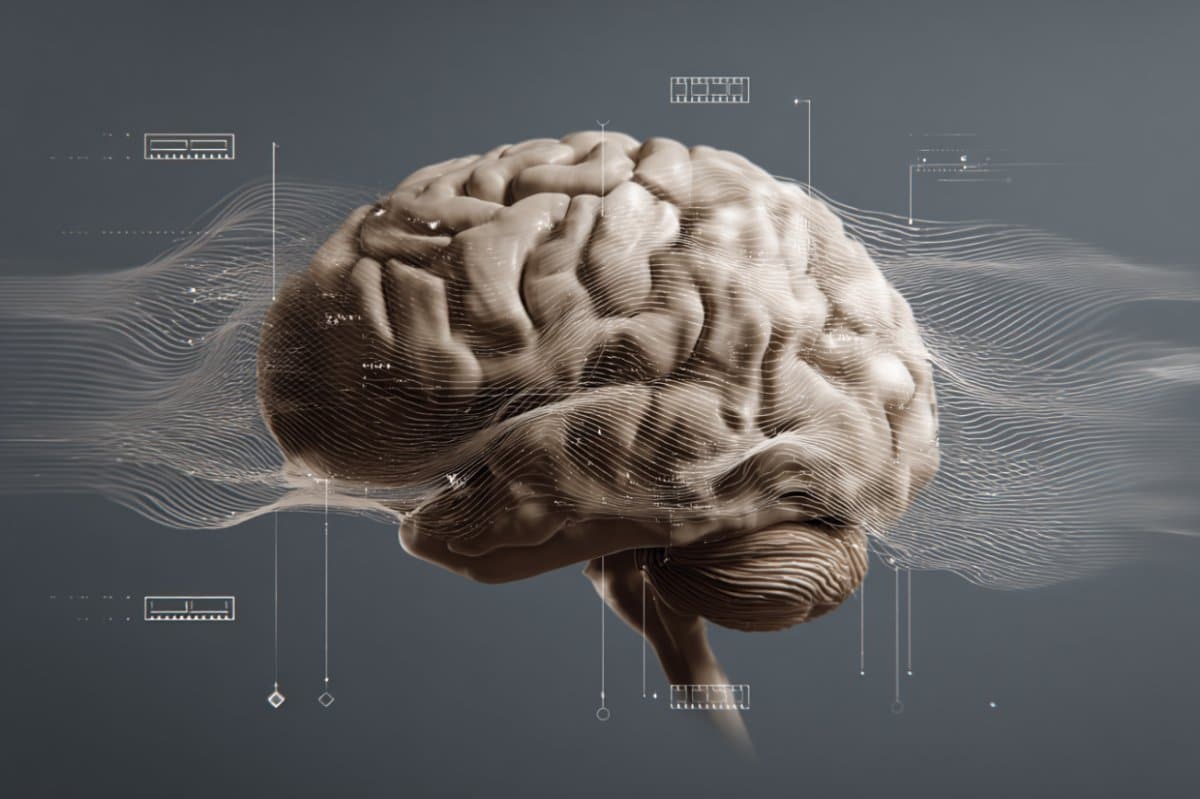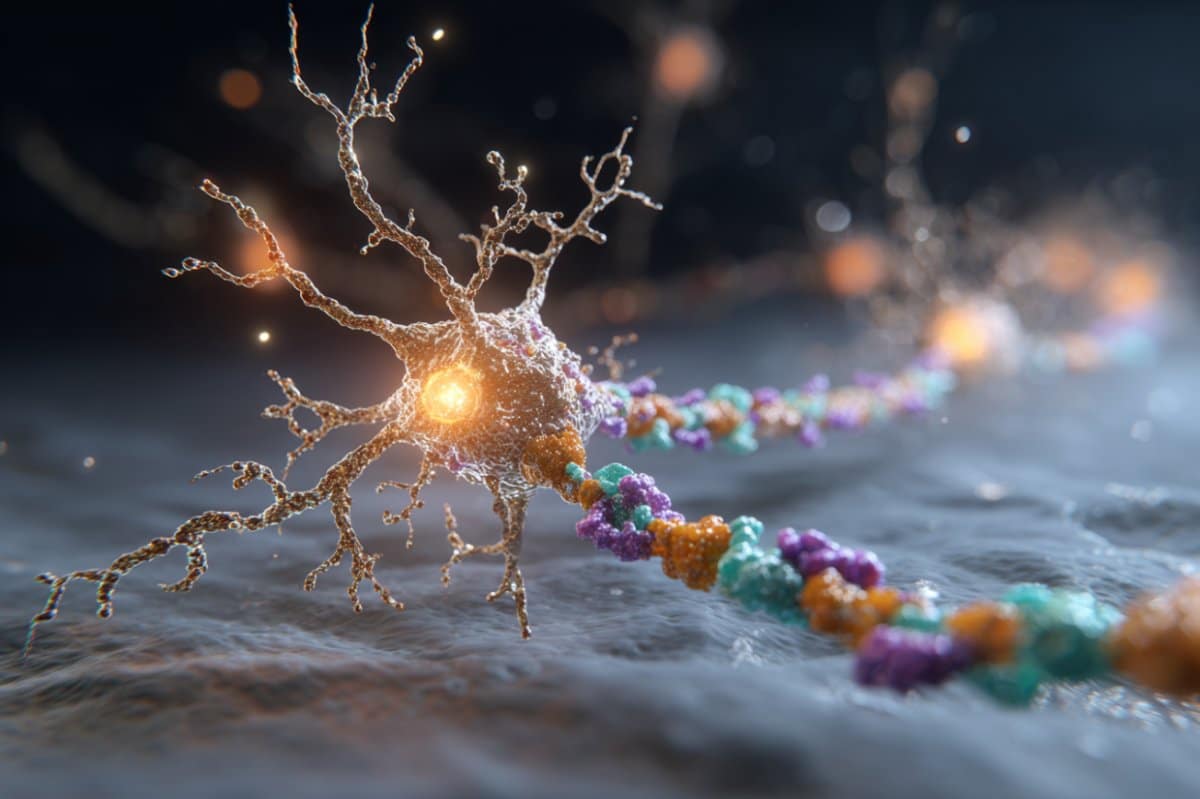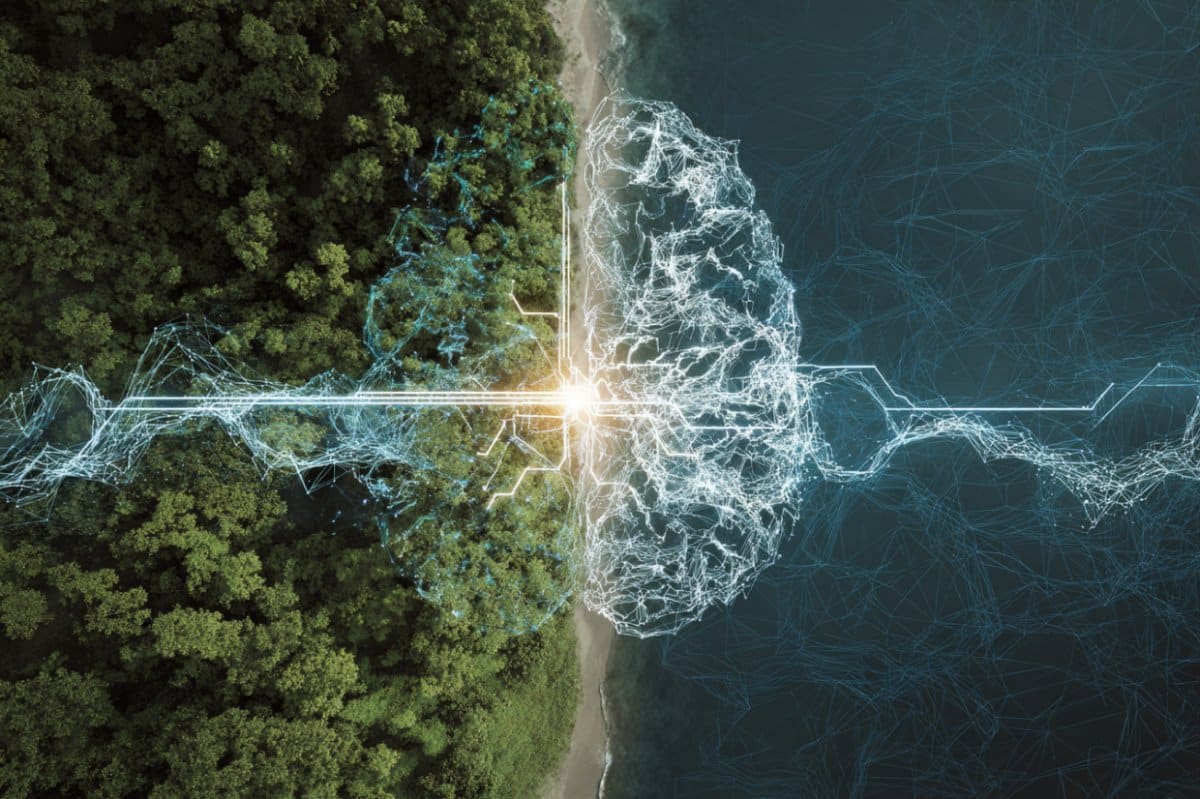T4K3.news
Researchers uncover new mechanisms of memory structure
A study shows how ripple brain waves help segment and store memories.

Researchers have uncovered how ripple brain waves play a crucial role in memory formation.
New Insights into How Memories Are Structured
In a groundbreaking study published in Nature Communications, researchers from the University of Barcelona have discovered that ripple-type brain waves are essential for organizing and segmenting human memories. By examining brain activity in epilepsy patients while they viewed a 50-minute episode of the BBC series Sherlock, the study revealed that these ripples mark important boundaries between different memory events. The research shows that while the hippocampus is responsible for recognizing event changes, cortical regions are more engaged during the ongoing narrative of a memory. This vital insight could pave the way for new therapies for memory disorders by targeting how memories are structured and encoded in the brain.
Key Takeaways
"These segments mark the point at which the brain closes one episode in memory and begins recording another."
Lluís Fuentemilla explains the critical role of ripples in memory organization.
"It is equally or more important to organize memory in the context of the constant flow of information."
Researchers emphasize the significance of structuring information for effective memory formation.
The findings highlight the complexity of memory processes and the importance of segmentation in human cognition. By identifying how the brain delineates different events, this research challenges previous notions about memory solely relying on attention. The role of ripple waves suggests that memory formation is not just about recording information but actively structuring it within a constant flow of sensory input. This understanding could lead to innovative therapeutic strategies, especially for age-related memory impairments, by emphasizing the need for clearer presentation of information to facilitate better memory consolidation.
Highlights
- Memories are structured like punctuation marks in a sentence.
- The brain actively organizes memories, not just records them.
- Each ripple wave represents a boundary in our experiences.
- Understanding memory segmentation opens new doors for therapy.
Potential Therapeutic Risks in Memory Research
Exploring how memory is structured could lead to unanticipated consequences in therapeutic applications, especially if information presentation is not handled with care.
Further exploration into the role of ripple waves could significantly change how we approach memory therapy.
Enjoyed this? Let your friends know!
Related News

New study reveals secrets of mood regulation receptors

New Study Reveals Neural Mechanism in Fear Responses

Study reveals lifestyle changes can potentially prevent dementia

CHIME Telescope Uncovers Unique Radio Object

New mini-halo structure found in Abell 3558 cluster

332 Submarine Canyons Found in Antarctica

Scientists discover new structures in human cells

AI discovers new energy storage materials
